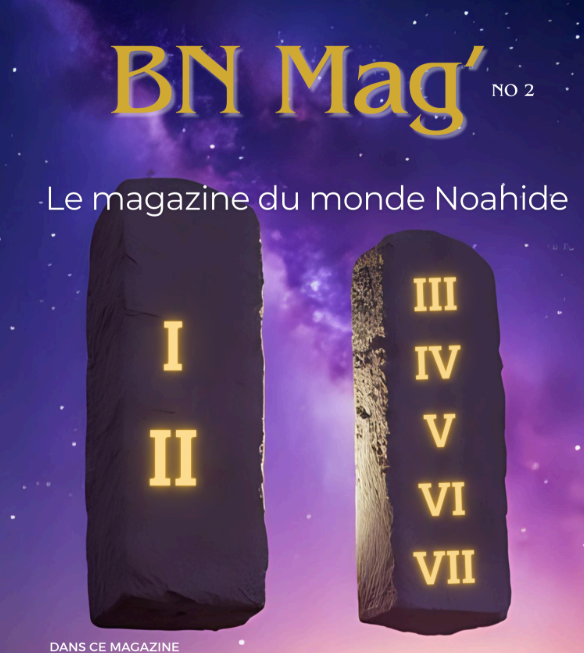The Oral Torah teaches us that transgressions between a person and the Creator can be asked for forgiveness from the Creator on Yom Kippur by fasting, prayer, and Charity. On the other hand, transgressions between a person and his friend are not enough to ask for forgiveness from God on Yom Kippur; one must ask for forgiveness from the victim himself.
My behavior reflects what I truly believe.
Belief in God seems to belong to a dimension between man and God. However, how I treat others and behave towards people belongs to a different dimension - between one person and another.
This is a wrong understanding!
The famous verse in the Torah, "Love your neighbor as yourself; I am God," reveals an essential connection between these two dimensions. It can be said that it is more than just a 'connection' between these dimensions; it is the same thing.
When a person does not behave morally towards others, does he believe we are all creations of one Creator?
A person's behavior as a person, as a living soul, reveals what he believes. This is also what the verse teaches us: why should you behave as "love your neighbor as yourself"? As it is written in the verse continues, the reason is that "I am GOD." The commandment comes from the Creator, who created and gave us life. Also, to a fellow who is next to me.
When we think of it this way, naturally, our behavior towards others will be ethical.



